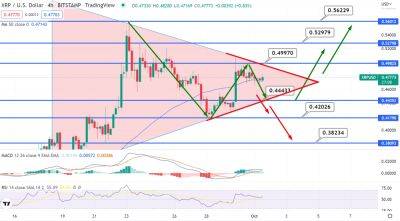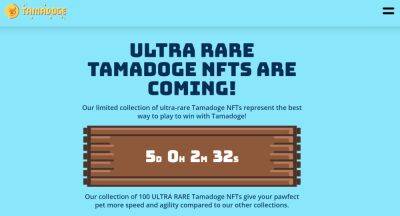Bubble bursts for rapid food delivery as UK firms shed workers
Rapid delivery firms are shedding riders and closing warehouses across the UK as the bubble bursts for ultra-quick grocery drop-off services.
Some of the biggest names in the on-demand grocery sector, which persuaded cash-rich investors during the pandemic they were going to replace corner shop purchases with 15-minute deliveries, are pulling out of cities and towns as consumers desert their apps and doubts grow about the viability of the industry.
Major European operator Gorillas, fuelled by millions of dollars of venture capital, has reduced its UK workforce and withdrawn from five British towns and cities, including Manchester and Nottingham. On-demand grocer Getir, backed by Abu Dhabi sovereign wealth fund investors and valued at more than the Morrisons supermarket chain, has put some of its UK stores into “hibernation” and reduced employee numbers, following a restructure.
Meanwhile, its London-based rival, Zapp, has cut its workforce by 10% and pulled out of Bristol, Cambridge and Manchester.
Industry insider Quaid Combstock, who once headed up delivery operations for Jiffy, which ceased making rapid grocery deliveries in May, said the market had collapsed. “The pandemic created a warped vision of the way people were going to buy their groceries in the decades to come,” he said. “But when people could go out safely, the need for on-demand grocery receded. This is what the rapid delivery firms and their venture capital backers got completely wrong.”
Combstock, who left Jiffy in December 2021 and is now a consultant, said the profit margins on food are too low for firms to ever turn a profit. “These firms are charging £2 to £3 per delivery, which usually takes 30 minutes to and from the warehouse. But the riders are
Read more on theguardian.com





![Cardano [ADA] buyers must consider this before opening a long position](https://finance-news.co/storage/thumbs_400/img/2022/10/1/43250_pv0.jpg)















